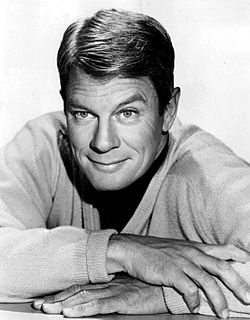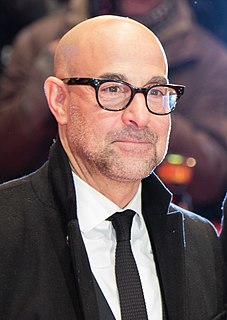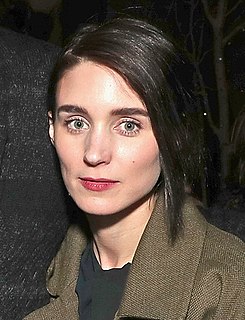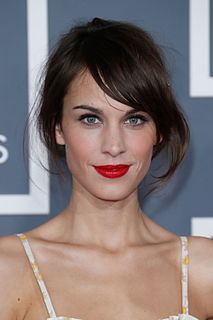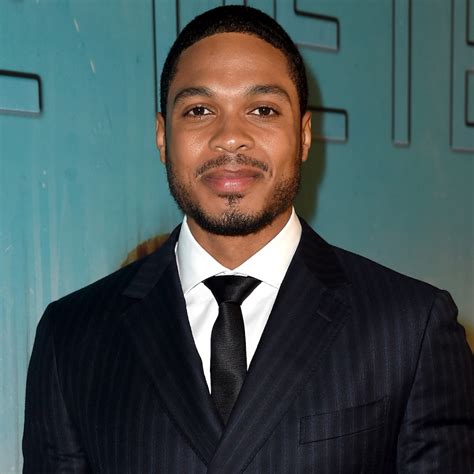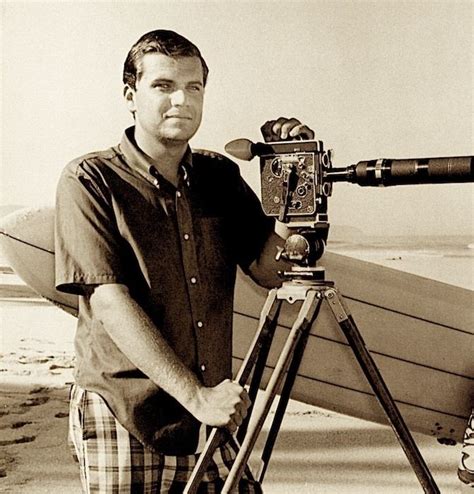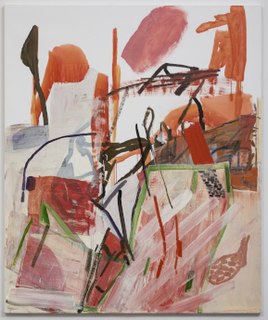A Quote by Chris Milk
When the protagonist breaks the fourth wall by looking at the camera in a movie, it's generally been used for comedic purposes, rather than feeling like they're looking into your soul.
Related Quotes
In drama, you're interacting with other actors to tell the story. The camera is like the theater: it's the artistic fourth wall. In a screen play, you don't look at the camera and communicate with it. But with hosting, you're looking right into the lens and talking to the people. It is a different style, and it's fascinating.
Political correctness is the fascism of the 90's, it is this rigid feeling that you have to keep your ideas and your way of looking at things within very narrow boundaries or else you'll offend someone. Certainly one of the purposes of journalism is to challenge just that way of thinking, and certainly one of the purposes of criticism is to break boundaries, that's also one of the purposes of art.
Grain isn't structured like a screen door that you're looking through, but pixels are. Film-based grain is just all over the place, one frame totally different from the next. So your edges are coolly sharp and have a different feeling, an organic feeling rather than this mechanic feeling you get with digital.
Google has you at a very specific mental state that is, looking for something. And what they've always been able to say is, we deliver your message at the exact time someone is, say, looking for fishing hooks or looking for marriage counseling or looking for a lawyer for a particular problem. And here we have our customers telling you what is in their heart and soul. It's something that, you know, advertisers have wanted for decades.
The movie not only about what story you're telling and who you're looking at. It's mostly about how you're telling it and how you're looking at it. And people who don't like it, who say, "Oh, it's not 'true' because you're looking at it in a stylized way" - it's a movie and it's fiction, so it's also a lot in the artistic direction that it is political.
When you are interviewing someone, never let your camera person turn off the camera. The second you turn off the camera, they'll say the magic thing that you'd been looking for the whole interview. People want to relax after the performance is done. Don't be afraid of awkward silence. That is your friend.


